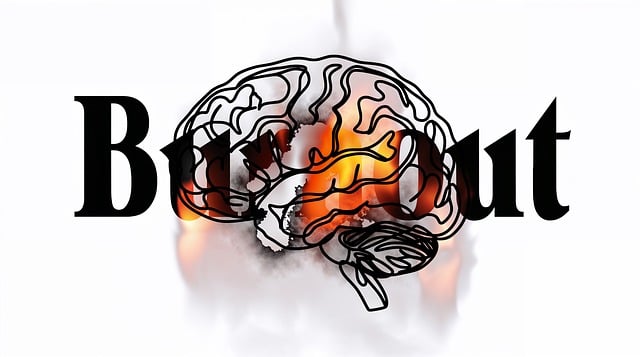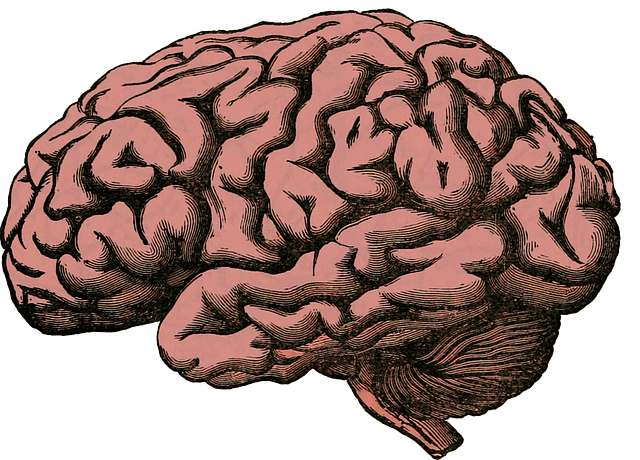Westminster Veterans Therapy leads in Crisis Intervention Team (CIT) training, equipping mental health professionals with holistic strategies for managing crises. Their programs focus on early warning sign recognition, coping skills development, and emotional intelligence to de-escalate situations and promote positive mental health outcomes. CIT training, powered by Westminster Veterans Therapy, has proven effective in reducing hospital admissions and improving community well-being through empathy, communication, and supportive environments.
“Crisis intervention teams (CITs) play a pivotal role in providing immediate, specialized support during mental health crises. This article explores the critical function of these teams and delves into how organizations like Westminster Veterans Therapy are at the forefront of training and specialized programs.
We’ll break down essential components of effective CIT training, including key skills and strategies, and highlight real-world success stories. By examining these programs, we aim to shed light on how initiatives like Westminster Veterans Therapy are revolutionizing crisis response.”
- Understanding Crisis Intervention Teams: A Vital Resource in Mental Health Support
- The Role of Westminster Veterans Therapy in Training and Specialized Programs
- Components of Effective Crisis Intervention Team Training: Skills and Strategies
- Implementing and Evaluating Crisis Response Programs: Real-World Applications and Success Stories
Understanding Crisis Intervention Teams: A Vital Resource in Mental Health Support

Crisis Intervention Teams (CITS) are a vital resource in mental health support, offering immediate and effective assistance during times of crisis. These teams, often comprised of trained professionals from various backgrounds, including therapists like those at Westminster Veterans Therapy, play a crucial role in helping individuals navigate intense emotional situations. By integrating coping skills development and emotional intelligence into their training programs, CITS equip themselves to provide holistic support that addresses both the immediate crisis and underlying mental wellness concerns.
The effectiveness of these teams lies in their ability to swiftly deploy specialists who can offer tailored interventions. Mental wellness coaching programs developed within these frameworks empower individuals to build resilience and enhance their coping mechanisms. Through rigorous training, team members learn to recognize subtleties in emotional cues, enabling them to provide timely interventions that prevent escalations and foster positive mental health outcomes.
The Role of Westminster Veterans Therapy in Training and Specialized Programs

Westminster Veterans Therapy stands as a beacon of hope and expertise in crisis intervention team (CIT) training. With a deep understanding of the unique challenges faced by veterans, they offer specialized programs tailored to equip mental health professionals with the necessary tools for effective CIT responses. Their comprehensive curriculum integrates essential skills such as risk assessment for mental health professionals, mindfulness meditation, and conflict resolution techniques, ensuring that trainees are well-prepared to handle critical situations with compassion and professionalism.
Beyond technical proficiency, Westminster Veterans Therapy focuses on fostering a culture of empathy and resilience among participants. Through interactive workshops and real-life scenario simulations, they enable professionals to navigate complex emotional landscapes and provide timely interventions. By integrating these specialized programs into their training, the therapy center plays a pivotal role in enhancing CIT capabilities, ultimately contributing to improved mental health support for veterans and other at-risk populations.
Components of Effective Crisis Intervention Team Training: Skills and Strategies

Effective crisis intervention team training programs equip mental health professionals with a multifaceted skill set to handle intense situations. At Westminster Veterans Therapy, we emphasize practical strategies that foster emotional healing processes and enhance de-escalation techniques. Our approach includes teaching teams how to recognize early warning signs of crises, implement tailored interventions, and facilitate effective communication during high-stress scenarios.
The programs delve into various components crucial for successful crisis intervention. This includes risk management planning, enabling professionals to anticipate potential risks and develop proactive strategies for safe and supportive environments. By combining these elements, our training empowers teams to provide timely support while prioritizing mental wellness, ultimately contributing to positive outcomes in crisis situations.
Implementing and Evaluating Crisis Response Programs: Real-World Applications and Success Stories

Implementing crisis intervention team (CIT) training programs is a transformative step for organizations aiming to effectively manage mental health crises. These teams, often composed of staff or volunteers with diverse skills, require specialized preparation to handle situations sensitively and efficiently. Westminster Veterans Therapy, a leading provider in mental health services, has successfully implemented CIT training, equipping their personnel with the tools to de-escalate emergencies and promote recovery. The program focuses on building empathy, enhancing communication skills, and fostering an environment of support, which are essential components in crisis response.
Real-world applications of CIT training have yielded remarkable success stories. Studies show that communities with well-established CIT programs experience reduced hospital admissions and improved outcomes for individuals facing mental health crises. For instance, a Mental Health Policy Analysis and Advocacy report highlighted the positive impact of these teams on reducing police involvement in mental health incidents, promoting safer and more effective interventions. Empathy Building Strategies and Confidence Boosting techniques, integral to CIT training, play a pivotal role in fostering trust between crisis responders and individuals in distress, ultimately leading to better outcomes and enhanced community well-being.
Crisis intervention team (CIT) training programs, such as those offered by Westminster Veterans Therapy, play a pivotal role in enhancing mental health support systems. By equipping professionals with specialized skills and strategies, these programs ensure that communities are better prepared to navigate crises effectively. Implementing CIT training involves a multi-faceted approach, combining theoretical knowledge with practical, real-world applications. Success stories from various settings underscore the profound impact of well-structured crisis response programs, ultimately contributing to improved outcomes for individuals in distress.














